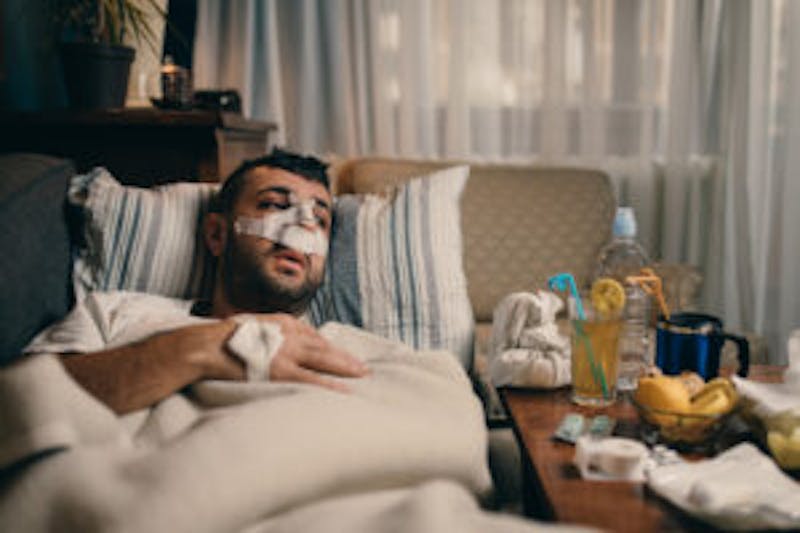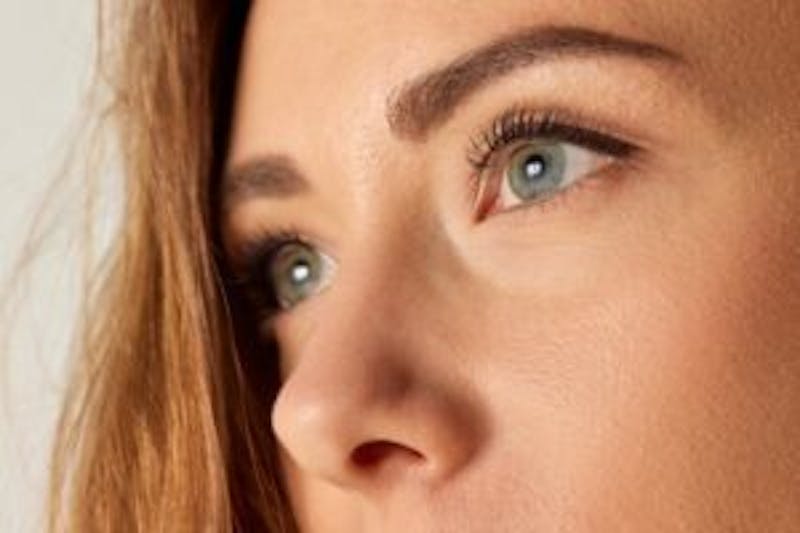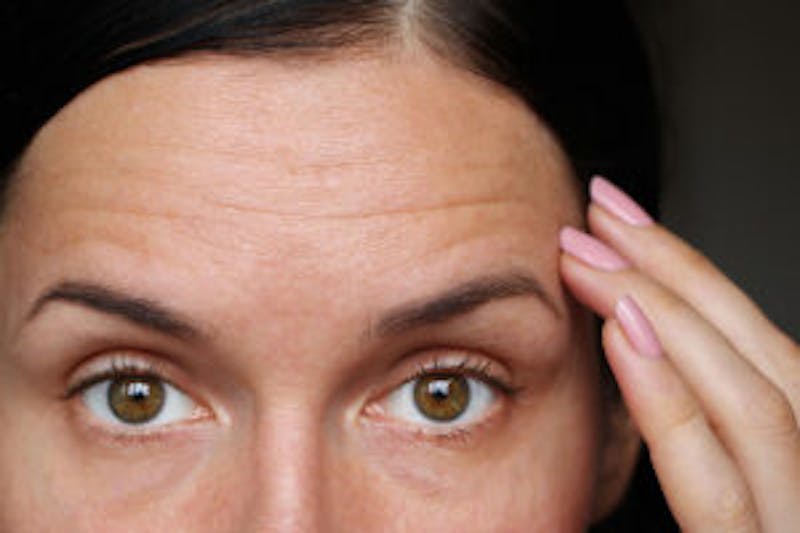
Everything you need to know about the Stages of Swelling After Rhinoplasty
Rhinoplasty, also known as a nose job, reshapes the nose and involves a recovery period marked by different stages of swelling. The swelling that occurs after this surgery is a normal part of the healing process. Dr. Robert Glasgold, who has extensive experience in this field, pr...
View More











